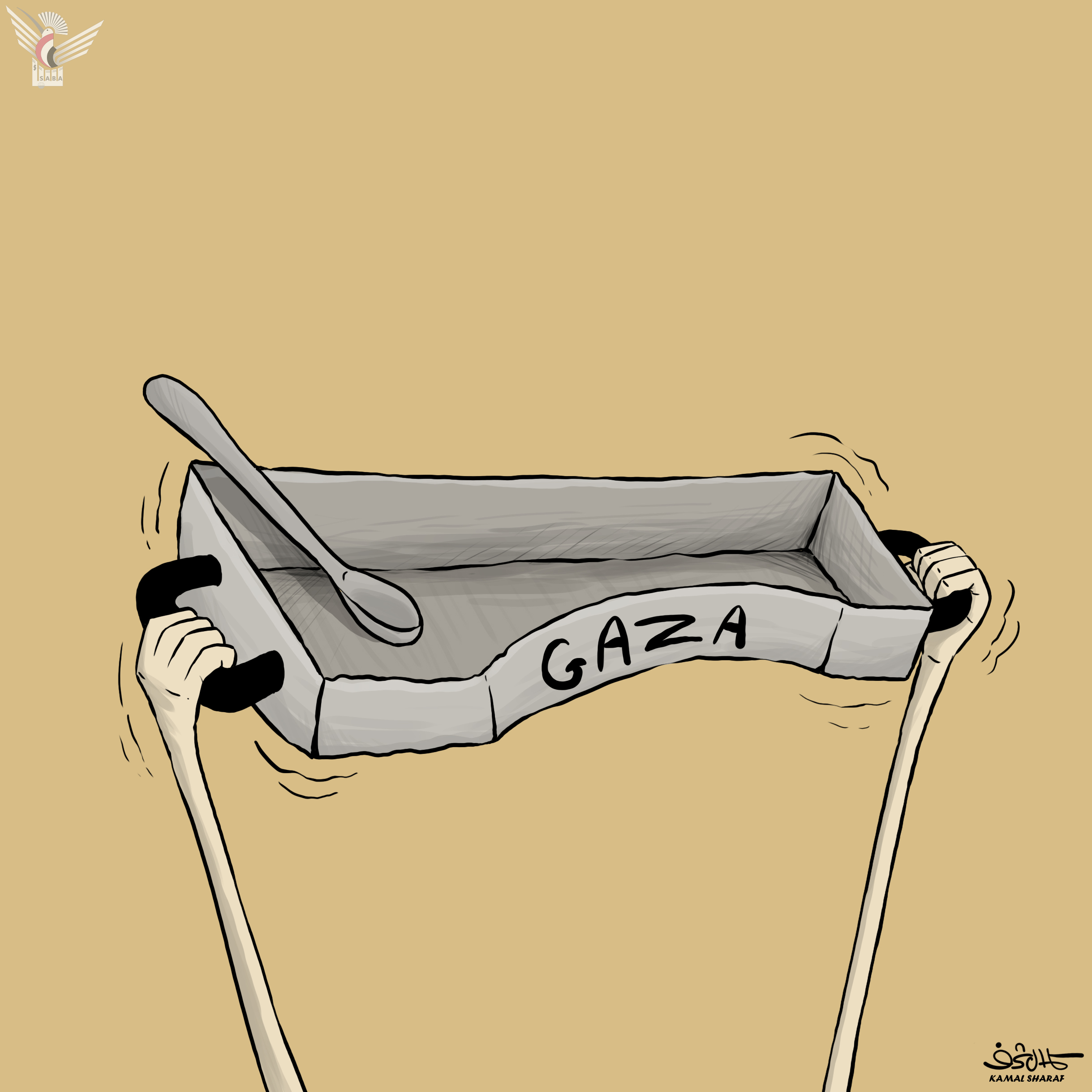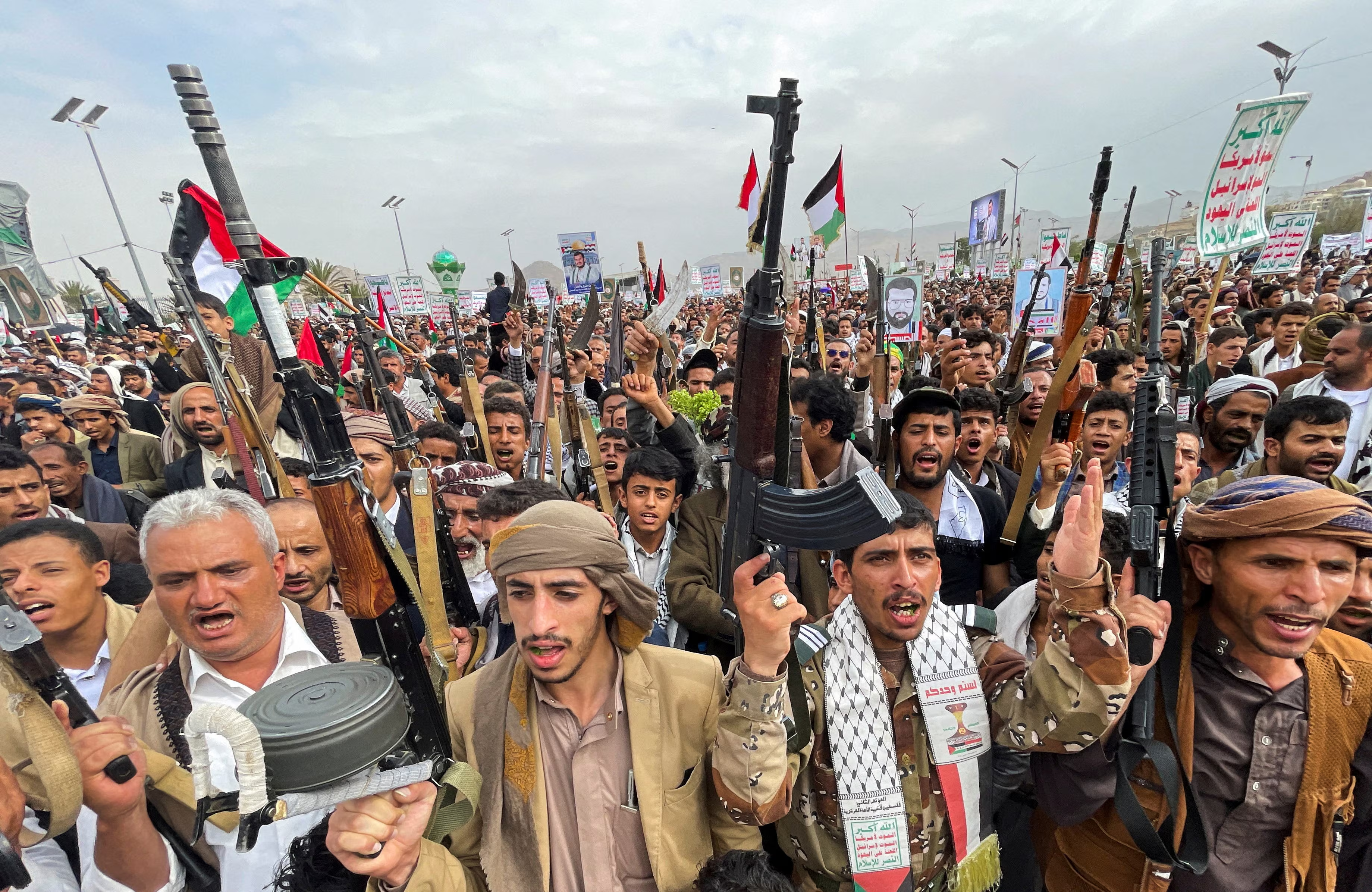Sana'a - Saba:
Throughout ancient and modern history, the Yemeni tribe has proven its effective and steadfast presence and its ability to overcome the harshest trials and most difficult challenges, foremost among them the American-Saudi-Emirati-Zionist aggression that targeted Yemen, its land and its people.
The tribes' stance alongside the state and the revolutionary leadership was a turning point in the course of the national confrontation and a decisive factor in strengthening the cohesion of the internal front and confronting attempts to tear apart the social fabric and weaken Yemen's pivotal role by inciting internal conflicts and plunging the country into chaos with the aim of plundering its wealth and resources.
Throughout the ages, the Yemeni tribe has played a central role in protecting national identity and charting the course of alliances in the country's best interests, This is based on a system of religious constants, authentic values, and deep-rooted customs passed down from generation to generation, despite colonial attempts to fragment Yemen and alter its features, names, and identity.
As a social and political nucleus, the tribe has been a fundamental pillar in preserving the moral system, addressing internal conflicts, and confronting colonial projects, including foreign interventions aimed at igniting discord among the people of the same nation.
Whenever the country experiences any political, security, or military upheaval, the tribe is at the forefront, bearing the responsibility of social cohesion, protecting state institutions, and taking the initiative to protect society from slipping into chaos, drawing inspiration from its honorable history extending from the Islamic conquests to Yemen's resilient present.
The tribe's harmony with state institutions and official positions is one of the most significant factors preventing the collapse of civil peace, amid repeated attempts by enemies to incite strife and divisions in service of the projects of global hegemonic powers, most notably "America and the Zionist entity."
At a pivotal moment in Yemen's history, when the US-Saudi-Emirati coalition launched its aggression against the country on March 26, 2015, the tribe became a protective shield and decisive support. Its men flocked to the front lines, led convoys, and led the arenas of giving and sacrifice, it served as the popular incubator for the liberation project and the primary supporter of the heroes of the armed forces.
The tribe's positions were not limited to supporting the front lines; they extended to caring for the wounded, sponsoring the families of martyrs, following up on the cases of prisoners and missing persons, and concluding successful exchange deals that reflected the depth of its loyalty and allegiance to the homeland.
Tribal presence was strengthened after the victory of the September 21 Revolution, as the tribes' roles in supporting the state and consolidating security became crystallized, despite the complex circumstances of foreign intervention and internal tension. However, the tribes proved to be the nation's safety valve, safeguarding social cohesion, thwarting attempts at disintegration, and closing gaps of penetration, they were, and remain, at the heart of the battle for liberation and sovereignty.
The most prominent manifestation of this steadfastness was the signing of the "Tribal Honor Document" in 2015, which expressed a comprehensive charter for all Yemeni tribes to reject aggression, support the fronts, adhere to Islamic values and ancestral customs, criminalize treason and dealing with the enemy, and consider anyone who aids or covers up aggression as disgraceful and failed.
Today, attention is focused on the continued vital role played by the tribe and the national leadership, through the cohesion of the tribe and its leadership, in leading Yemen from a period of conflict to the building of a sovereign state, a society free from foreign interference and blood feuds, and the waging of the "promised conquest and holy jihad," in fulfillment of the martyrs' blood and in support of Gaza and occupied Palestine.
M.M

| more of (Reports) |




